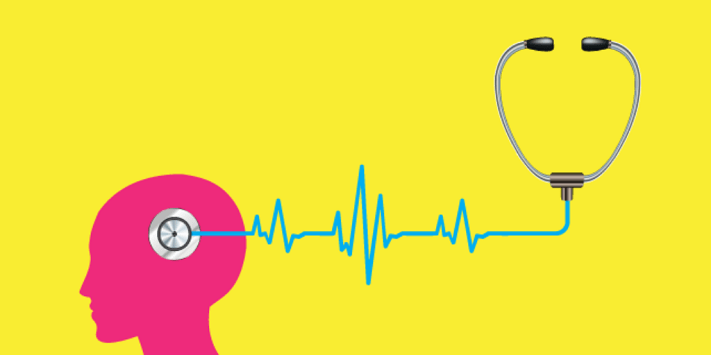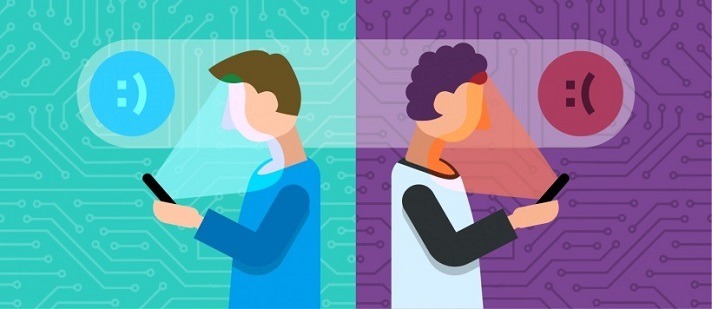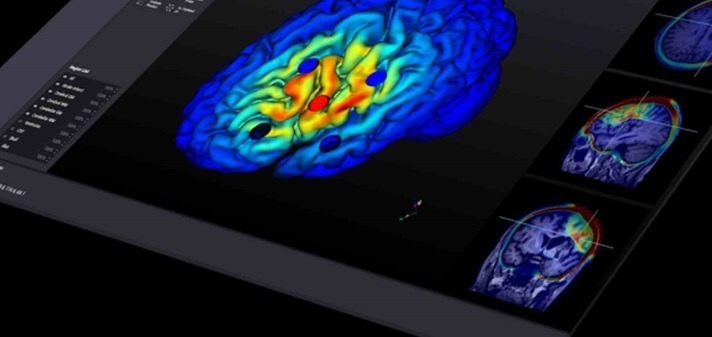Technology & Innovation
Otsuka America launches new unit focused on digital therapeutics, AI and mental health
Otsuka defies digital health downturn with new company (MedTechDive): Otsuka America, a subsidiary of the Japanese drug and device maker, this month launched a new company focused on digital health. The firm, called Otsuka Precision Health, will roll out its first product this summer, a prescription digital therapeutic for major depressive disorder. Sanket Shah, who…
Read MoreBrain Health in 2030: Navigating Neuroplasticity & the Digital Health Market
Brain Health in 2030: Navigating Neuroplasticity & the Digital Health Market from SharpBrains Keynote delivered by Álvaro Fernández, CEO of SharpBrains, during corporate retreat. Key message: Our very human brains and minds are the most sophisticated technology at our disposal, so we should invest more time learning about how they work and harnessing neuroplasticity-based methods…
Read MoreTrend: Large US employers deploy apps, AI chatbots, other digital tools to boost brain & mental health at work
Employers Are Offering a New Worker Benefit: Wellness Chatbots (The Wall Street Journal): More workers feeling anxious, stressed or blue have a new place to go for mental-health help: a digital app. Chatbots that hold therapist-like conversations and wellness apps that deliver depression and other diagnoses or identify people at risk of self-harm are snowballing across…
Read MoreLifestyle Matters: Let’s optimize cognition, health and life in 2024
Welcome to a new edition of SharpBrains e‑newsletter, featuring fascinating research findings on lifestyle, protective brain structures, Internet access, mental health, brain imaging, and more. #1. Lifestyle matters: What we can do in 2024 to optimize cognition and life, delaying cognitive problems even dementia “Actor Chris Hemsworth…watched his grandfather live with Alzheimer’s and is making lifestyle…
Read MoreStudy doesn’t find evidence to link internet access with poorer psychological well-being and mental health
Is the internet bad for mental health? What the latest study really means. (Mashable): … Enter a study published Tuesday by researchers in the journal Clinical Psychological Science, which tried but did not succeed in finding a compelling link between internet access and poor mental health and well-being. Business Insider, for example, declared that the…
Read MoreBrain imaging AI start-up Neurophet raises $15M to better direct Alzheimer’s treatments, lower ARIA side-effects
Korean AI startups Allganize, Neurophet raise over $35 mn (The Korea Economic Daily): Founded in 2016, the company plans to next year roll out its new AI analysis program that can detect side effects of Alzheimer’s disease treatments with a microhemorrhage diagnosis.
Read More




